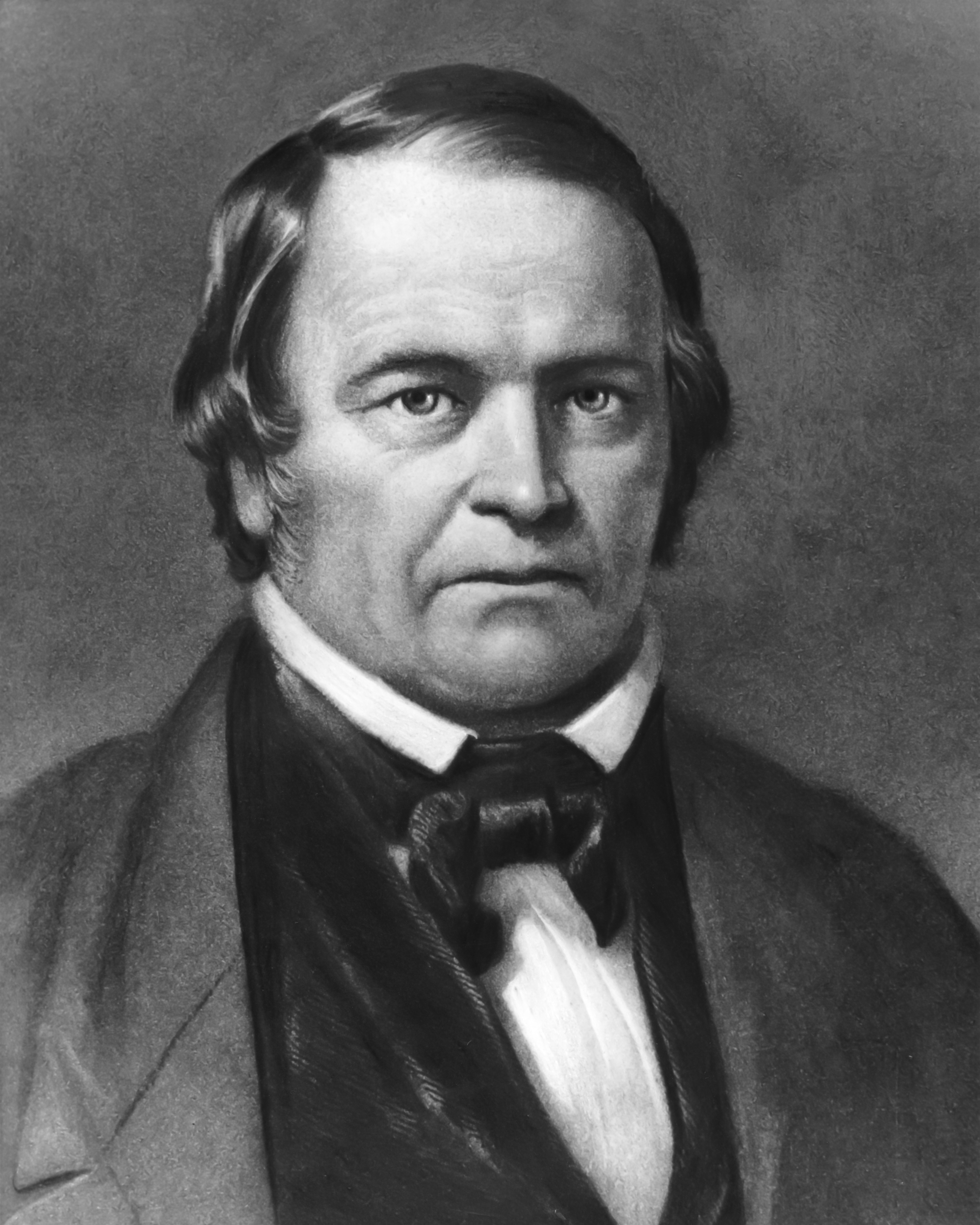Repeating Adventist Mistakes
Harold Camping seems to be repeating the mistakes made by the early Adventist movement. While I disagree profoundly with Seventh-day Adventist eschatology, I don’t hold that history against the church. Good and interesting movements can result from mistakes, but only if you correct those mistakes.
Now consider Camping. He predicted the rapture in 1994, and then decided his math was wrong. Those who know Adventist history will likely recall the 1843 “lesser disappointment.” After Jesus did not return in 1843, William Miller corrected the date and also made it more specific, narrowing it to a single day, October 22, 1844. That day is known in Adventist history as the Great Disappointment.
Following that event, Adventists decided that, while they had the math right, what had happened was a change in heaven, as Jesus began the investigative judgment, which is still going on now.
They also, however, acknowledged that they were wrong to try to set dates for the second coming. On this last note, Camping is not following in their footnotes. He appears set to repeat their mistakes, but not follow their example when they did right.
I see that Spectrum’s Alexander Carpenter has noticed this similarity as well. Amongst the biblioblogs, I would note Peter Kirk and Joel Watts.


Indeed some people believe that Christianity itself is a good and interesting event resulting in part from Jesus’s mistaken belief about the end of the world during his generation: http://exploringourmatrix.blogspot.com/2011/05/my-understanding-of-christianity.html?showComment=1305054286514#c4245012220230322309
I believe that Seventh Day Adventism and Christianity in general are, on the whole, good and interesting movements, but when a movement is intimately tied to supernatural claims, then the unravelling of those supernatural claims cannot but greatly undermine the movement as a whole. At least for me anyway.
While on the subject of prophecy, I’d be very interested in whether you share Dr. James F. McGrath’s understanding of Jesus’ prophesying.
I don’t recall Dr. McGrath’s specific position on prophecy, but I tend to be a couple of notches more conservative than he is on many issues, while not being drastically different.
My own view is that the intent of prophecy is not prediction but admonition. It is more of a “this will happen if that continues” or “I will do x if you do y.” I expand on this view in my book When People Speak for God..
Thanks for the reply. My understanding of McGrath’s view of Jesus’ prophecy is based entirely on the comment I linked to, so I may have misinterpreted him.
Actually, my error, or my browser’s error. The first time I followed your link, it didn’t take me to the comment.
I would agree with Dr. McGrath that Jesus did predict the end during his lifetime. I think that the early church expected the end during their generation, but they came to a new understanding before the end of the apostolic age and started to deal with the “soon” issue.
Since I don’t see prophecy as prediction, I’m not sure I would use the word “mistake,” though it is an unfulfilled expectation. For example, if my business projections are off for a month, that doesn’t keep me from making further sales projections.
Perhaps I’m being too picky here, however, in distinguishing a hope regarding something one can’t know, versus a real prediction that fails. Bible prophecy (and its interpretation) is filled with unfulfilled expectations!
I wrote some notes on a book that deals with this, The Adventists’ Dilemma. In that book, Dr. Edward W. H. Vick takes aim at his own denomination (Seventh-day Adventist) and their constant use of “soon,” which he believes is either wrong (if you mean soon in the normal sense) or meaningless (if you create a special sense.
Well the Bible gives the impression that Jesus felt certain of this and other supernatural claims, as opposed to having the kind of tentative expectation (“to the best of my knowledge this will probably happen…”) which you have about your business projections. You turning out to be wrong about your business expectations doesn’t actually make you “wrong”, since you always knew you were talking about vague probabilities, not certainties, whereas the Bible gives the impression that Jesus was very certain about nearly everything he said.
If, in those few situations where Jesus’ supernatural claims can be proved one way or the other (his prophecies), Jesus turns out to have been wrong, isn’t that a strong reason to doubt his other supernatural claims?
I suspect you may have dealt with these issues in “When People Speak for God”, in which case feel free to point me in that direction 🙂
In general I am very interested in your thoughts on atheist and agnostic arguments. I love your interpretation of Christianity and the way you manage to sustain a committed and radical faith while being unabashedly sceptical in your approach to the Bible. You write very persuasively, and fairly, about the limitations of mainstream evangelical interpretations of Christianity. It would be great to see you put your wisdom to use in addressing arguments made by people on the opposite end of the theological spectrum as well.